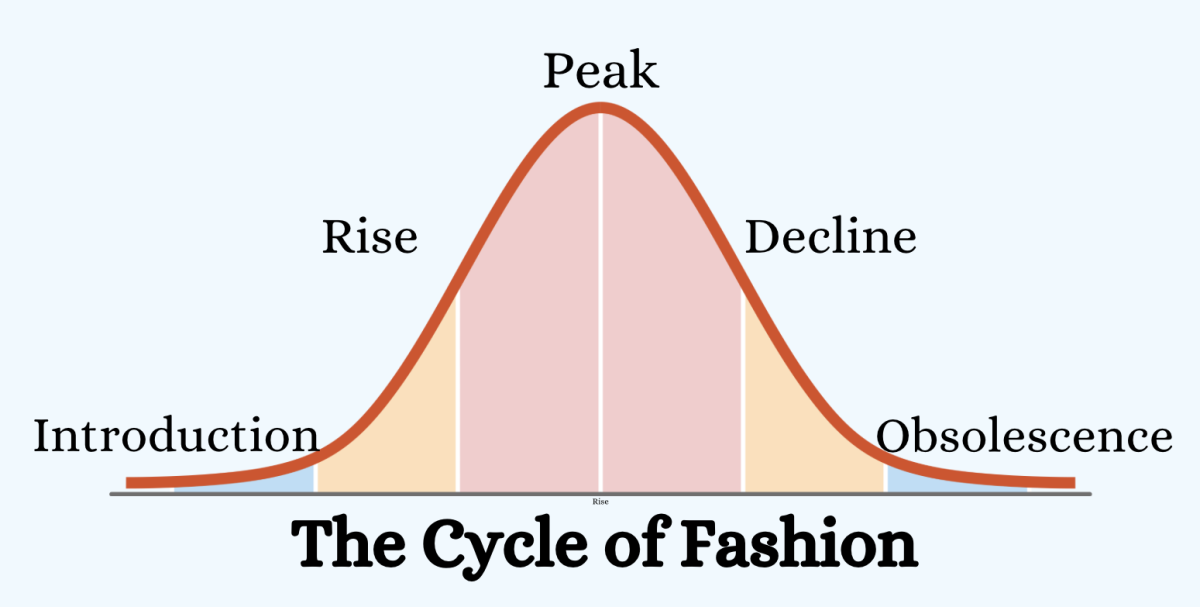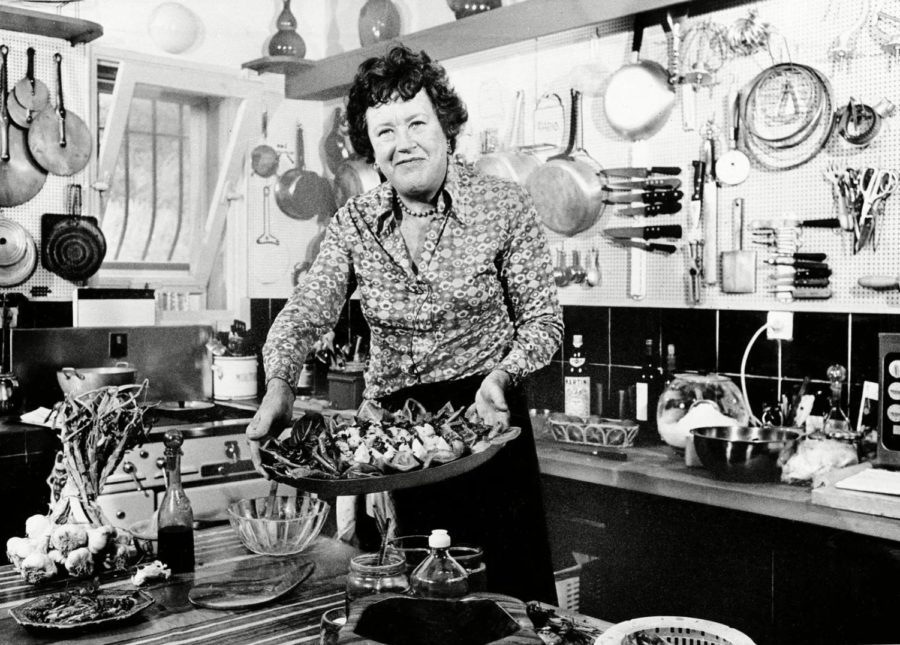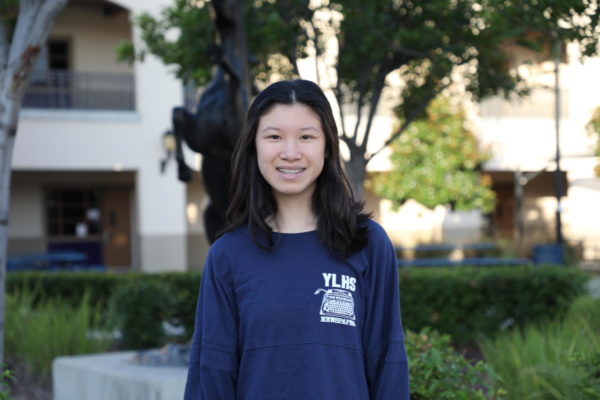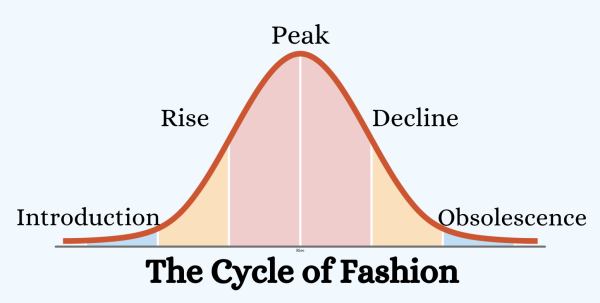The Unspoken Age Limit of Success
Julia Child on her very own television series, demonstrating her own recipe at age 66 in 1978.
March 10, 2023
In the new age of the internet, word about young entrepreneurs and global record-breakers getting younger and younger may reach us in a not-so-pleasant way. Feelings of self-deprecation and bitterness may arise, and we may feel like we are much too old to achieve anything memorable. Every aspiring individual is hounded by this question: Is there still time left to flourish? Analyzing the construct that success is defined by age requires exploring several examples and genuine studies.
First and foremost, Dan Waldschmidt cites age in regards to success in his book, ‘Edgy Conversations.’
- ‘At 2, speed skater Bonnie Blair began skating. She would go on to win five Olympic gold medals.
- At 16, American sharpshooter Annie Oakley challenged and defeated the well-known marksman Frank Butler by hitting a dime in mid-air from 90 feet.
- At 24, Ted Turner took over his father’s billboard advertising business. He later launched cable news network CNN.
- At 49, Julia Child published her book, Mastering the Art of French Cooking.
- At 58, Sony chairman Akio Morita introduced the Sony Walkman, an idea no one seemed to like at the time.
- At 62, J.R.R. Tolkien published the first volume of his fantasy series, Lord of the Rings.
- At 79, Asa Long became the oldest U.S. checkers champion.
- At 96, Harry Bernstein published his first book,The Invisible Wall, three years after he started writing to cope with the loneliness after his wife of 70 years Ruby, passed away.’
Evidently, these examples prove that success may be achieved at any time for any individual at any age.
Success is also not limited to tangible materials or fancy titles – instead, another measure of achievement is your degree of happiness and pleasure. Even with this assurance, however, it is still only human to feel achievement anxiety when there are people younger than you who seem to be more successful. Regardless, it is important to keep in mind that this feeling is universal and the percentage of young achievers is actually a small portion of the world compared to people taking life at a different pace. Social media may amplify these voices and may paint a misleading mirage of an abundance of young achievers. Realizing that it is normal to have a slower pace will allow you to ground yourself and focus on your own goals and aspirations during an appropriate time frame, tailored to the specific individual.
“There have been several instances where a younger student has been placed in one of my classes. While it’s hard not to, I try to not compare myself because I know it is something that is out of my control.” — Micah Wu (11)
While many feel threatened by young achievers in the media, these threats may also feel as close as a younger student being in the same class as you. High school often merges all students in a class, no matter the age or year; it’s an inevitable occurrence. Micah Wu (11) reflects, “There have been several instances where a younger student has been placed in one of my classes. While it’s hard not to, I try to not compare myself because I know it is something that is out of my control.”
It is essential to understand that courses may be taken at different points of one’s life, and it is simply a fact that must be accepted. Learning to appreciate the reality that not everyone shares the same set of skills may allow for the vanquish of this insecurity. Eliminating age contingent self worth, focusing on living with passion, and experiencing all that you can may also help you overcome this insecurity; the claim that everyone takes life at their own pace will forever remain true.













































